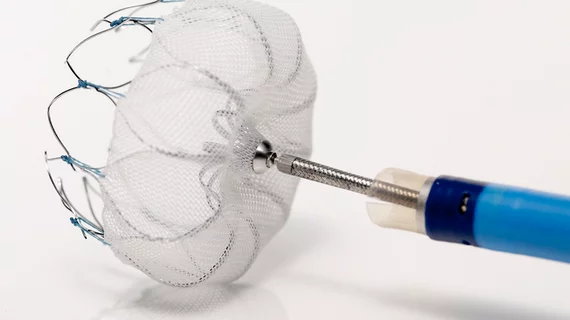‘A double-edged sword’: Is the Watchman device more trouble than it’s worth?
Boston Scientific’s Watchman device, an alternative to blood thinners in atrial fibrillation patients unable to take medications like warfarin, has for years been touted as a safe, effective therapy to reduce patients’ stroke risk. But one physician argues that, despite heavy marketing, the device might be more trouble than it’s worth.
In an article published in the Philadelphia Inquirer July 4, David Becker, a board-certified cardiologist with Chestnut Hill Temple Cardiology in Flourtown, Pa., said that, barring a handful of isolated cases, he doesn’t recommend the Watchman to his patients. Though one study suggested it was a more cost-effective solution than anticoagulants for AFib patients and some cardiologists recommend the device as an alternative to blood thinners off the bat, the Watchman has also been linked to an increased risk of blood clots and ranked dead last for safety in a study of apixaban, edoxaban, dabigatran and other similar therapies.
Experts also worry that a good portion of studies backing the Watchman’s efficacy are sponsored by Boston Scientific itself. The company charges hospitals an upfront fee to initiate a Watchman program, promising a discount if the hospital implants a certain number of devices.
Becker called the device “a good example of the double-edged sword that is modern medicine.”
“Other than isolated cases...I would not recommend it for my patients,” he wrote. “Most people with atrial fibrillation will unfortunately continue to need powerful blood thinners to reduce their risk of stroke.”
Read the full story below:

